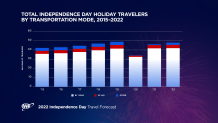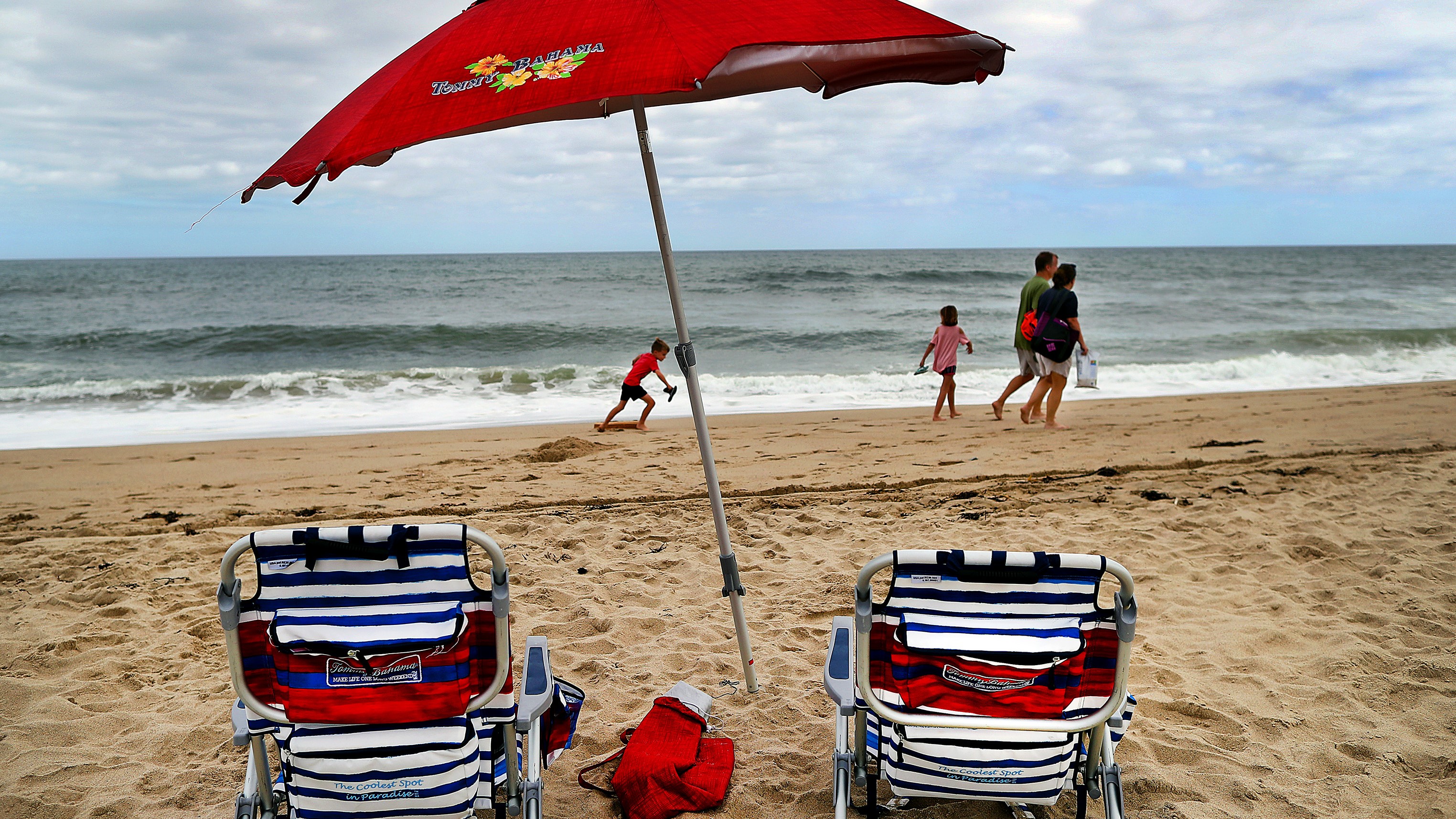Despite historically high gas prices averaging around $5 per gallon, car travel is expected reach record highs in Massachusetts this July 4th weekend.
AAA Northeast is predicting travel levels of pre-pandemic proportions with 42 million people hitting the road across the country. Most of Massachusetts will travel by car -- with an estimated 1.2 million driving out of a total of 1.37 million travelers. Both numbers are higher than they were last year.
“The volume of travelers we expect to see over Independence Day is a definite sign that summer travel is kicking into high gear,” said Mary Maguire, Director of Public and Government Affairs for AAA Northeast.
“Earlier this year, we started seeing the demand for travel increase and it’s not tapering off. People are ready for a break and despite things costing more, they are finding ways to still take that much needed vacation.”
Experts say more people are likely ready to move with lax pandemic travel restrictions, according to AAA.
"Travel is one of those areas that is still in high demand. So after 24 months of being stuck at home, the Fourth of July weekend is gonna be the first time they get back out there to see the world again," Trip Advisor's Brian Hoyt said.
Driving is expected to be more popular than flying, which the organization attributed to price hikes, cancellations and delays. In fact, AAA is expecting to see the lowest air travel rates since 2011.
“The first series of flights coming here got canceled in the middle of the night, but it's gonna snowball," traveler Chuck Darnall said. "Every flight we were on is overbooked. It's gonna get worse as the weekend comes on, I’m sure.”
The busiest day to fly is expected to be on Friday with Monday being the easiest, according to AAA.
The heaviest traffic is expected Thursday on I-93, I-95 and the Massachusetts Turnpike. The biggest increase over regular traffic is expected on I-93 south from exits 20 to 4, where traffic will likely be 103% higher than average.
Otherwise AAA is predicting a 22% to 88% increase in traffic overall. The worst time to travel will be Thursday and Friday afternoons, when drivers heading to their destinations coincide with commuters heading home from work.
“Traveling by car does provide a level of comfort and flexibility that people may be looking for given the recent challenges with flying,” Maguire said. “But not all destinations are within driving distance, which doesn’t mean you have to abandon your vacation plans. The best advice we can give travelers is to consider working with a travel agent who can help plan for the unexpected – like a flight cancelation. They are your best advocate.”




